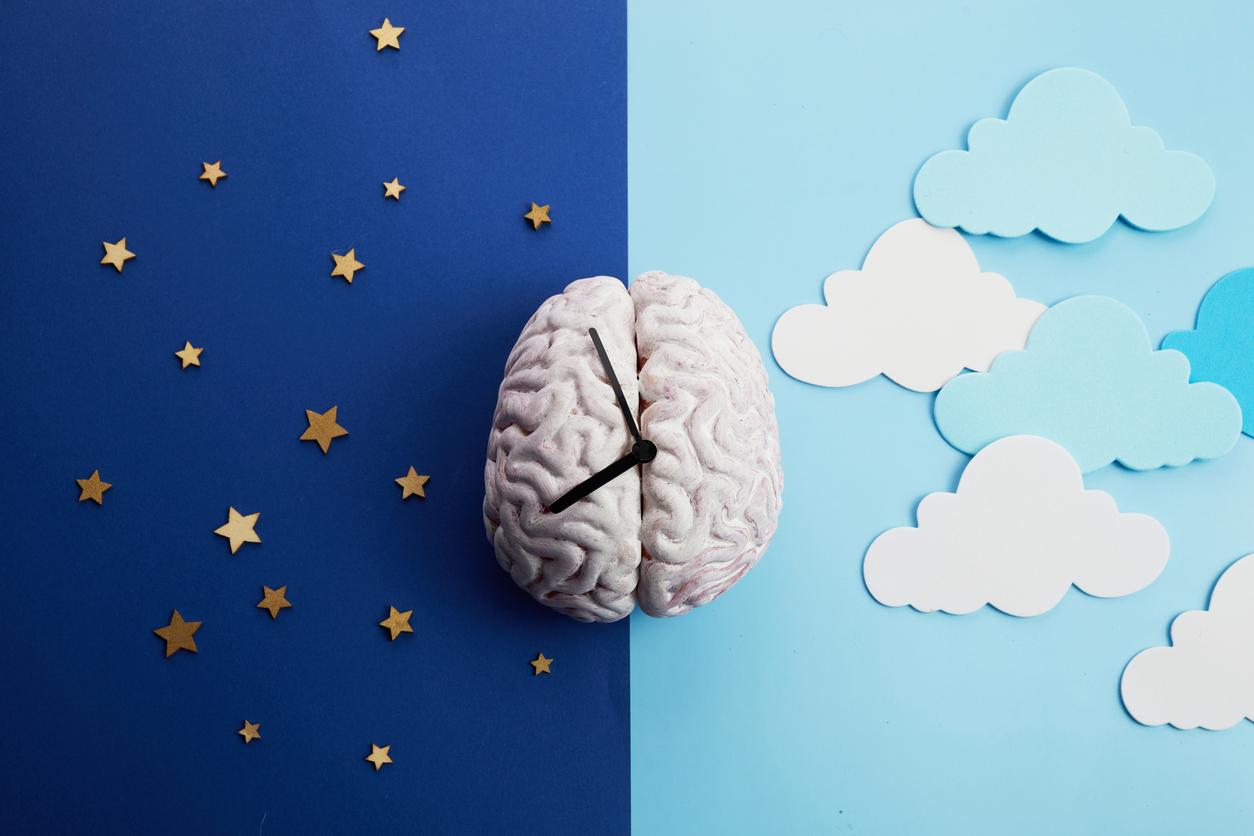Even if you sleep well and you sleep 8 hours a night, you may feel tired and embarrassed in your daily life. What would happen if you changed your lifestyle? To regain energy, it is sometimes enough to listen to yourself better and take care of yourself. Here are five tips.

- We can experience chronic fatigue despite proper sleep.
- Simple tips to put into practice can help you regain your energy.
Significant stress or too dense a pace of life can lead to deep fatigue that disrupts daily life, especially if it persists for a long time.
If this chronic lack of energy persists and interferes with your daily life, the problem may not be limited to the quality of your sleep. Some pathologies require a medical consultation, but bad daily habits can also drain energy and cause extreme fatigue.
Here are some tips to put into practice to wake up in the morning and stay in shape until the evening.
Practice a physical activity
We tend to think that when we are hit by a major bout of fatigue, doing physical activity will deplete the little energy we have left. However, numerous studies have shown that, on the contrary, exercise is recommended when you feel tired.
“Sport has a regulating action on physiology. In addition, it provides a feeling of well-being by releasing endorphins, which allows you to take a break in your day and sleep well at night”, explain to 20 minutes Dr. Olivier Pallanca, psychiatrist and neurophysiologist specializing in sleep pathologies and attention disorders.
A study by researchers at the University of Georgia in the United States showed that healthy, sedentary people who started moderate physical activity for at least 20 minutes three times a week felt significantly healthier and had more energy after 6 weeks.
Of course, exercising when you’re tired doesn’t necessarily mean running a marathon. 45 minutes of gentle and moderate activity, such as swimming, yoga or walking, at a rate of once or twice a week is enough to regain energy.
Adopt a bedtime ritual
As with children, it is sometimes beneficial to establish habits that promote sleep and a restful night. Point One: If your eyes are closing on their own, don’t struggle. In order not to miss the “sleep train”, it is best to listen to your body and go to bed as soon as the need arises. Ideally, try to set a bedtime and stick to it. It has been shown that going to bed at a fixed time promotes sleep and better recovery.
In the evening before going to bed, practice a gentle activity (no sport, because it acts as a stimulant), relax and try to turn off the screens (computer, smartphone, television): the blue light emitted can disturb the cycles some sleep.
Prioritize a healthy diet
It is quite possible that the sandwich swallowed quickly in front of the computer at lunchtime is the cause of your fatigue. “A diet that is too rich, especially at noon can cause chronic fatigue. This generates pump strokes at the beginning of the afternoon by providing much too high carbohydrate intake. This causes spikes in blood sugar, which the body fights against by secreting spikes in insulin. This has a rebound effect: blood sugar drops, which causes fatigue and sugar cravings, and so on“, explains nutritionist Raphaël Gruman in 20 minutes.
To eat healthily and therefore feel more rested, choose hot and balanced dishes (vegetables, vegetable or animal proteins, legumes) that are more digestible than sandwiches. If you have a little peckish, replace your usual sweet with a fruit or some oleaginous fruit (walnuts, almonds, hazelnuts), rich in nutrients and minerals, accompanied by a hot drink. Drink alcohol in moderation and be sure to stay hydrated throughout the day.
Monitor your vitamin D
Vitamin D deficiency can also be the cause of your extreme fatigue. This vitamin is essential for the proper functioning of our body: it promotes the absorption of calcium and phosphorus by the intestines, helps to fix calcium on the bones, and helps to regulate hormonal fluctuations that lead to fatigue and stress.
To fill up with vitamin D all year round, ideally, you need to be exposed to natural light every day. 10 to 15 minutes is enough, the equivalent of a morning walk or a break during lunch.
Take care of your mental health
It may be that this intense fatigue that you feel as soon as you wake up is the symptom of a malaise. If your loss of energy combines with the symptoms listed below, you may be suffering from depression:
- Sleeping troubles
-
Sadness
- Loss of pleasure, even for usually pleasurable activities
- Dark or suicidal thoughts
- Bad self-image, guilt
- Concentration difficulties
- Loss of appetite with weight loss or increased appetite with weight gain
- Physical disorders (stomach aches, loss of libido, etc.)
- Psychomotor retardation
Do not hesitate to consult your doctor who will advise you on a treatment.


















